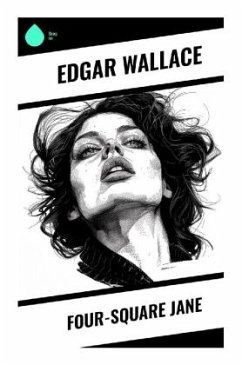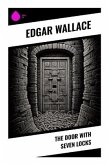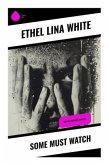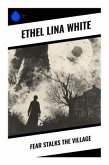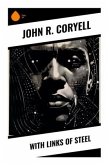In "Four-Square Jane," Edgar Wallace presents a captivating narrative that intertwines elements of mystery, adventure, and social commentary. Written in the early 20th century, the novel showcases Wallace's hallmark style, characterized by rapid pacing, sharp dialogue, and well-crafted plot twists. The story revolves around Jane, a daring and resourceful protagonist navigating the treacherous waters of London's underbelly, heightening the stakes with each turn of the page. Set against the backdrop of post-Edwardian England, the book reflects the societal changes and burgeoning feminist themes of the era, marking Wallace's progressive approach to character development and gender dynamics. Edgar Wallace, a prolific British writer and journalist, was known for his vast contributions to crime fiction, which often mirrored the tensions and ambiguities of his time. His experiences as a war correspondent, as well as his deep engagement with the theatrical world, imbued his writing with a vivid sense of realism and drama. Wallace's diverse oeuvre, which includes screenplays and serialized stories, posits him as a pioneer in the genre, making "Four-Square Jane" a significant reflection of his evolving literary voice and social insights. I highly recommend "Four-Square Jane" to readers intrigued by sharp-witted protagonists and intricate plots that reveal the complexities of human nature. Wallace's ability to blend suspense with character-driven narratives ensures a gripping reading experience, affirming this novel's place in the canon of early crime fiction. Whether you are a seasoned Wallace admirer or approaching his work for the first time, this novel promises to enthrall and engage.
Bitte wählen Sie Ihr Anliegen aus.
Rechnungen
Retourenschein anfordern
Bestellstatus
Storno

